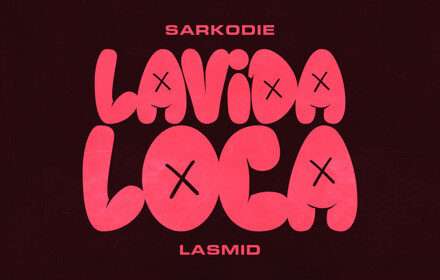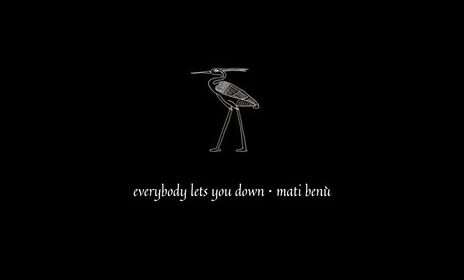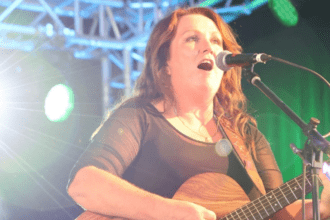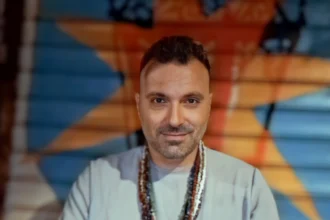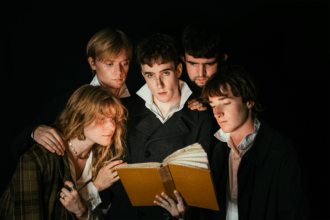With over a decade in the game and multi-platinum credits to his name, Jay Productions isn’t just producing music. He’s crafting global experiences. The West London-based producer, known for his genre-bending catalog spanning Afrobeat, R&B, house, drill, and more, recently teamed up with rising vocalist Neecee for “Summer Heat”, a sultry, feel-good anthem that captures the spirit of warm nights, emotional release, and rhythmic connection.
Built on a foundation of Afrobeat and R&B, the track is more than just a seasonal vibe. It’s a testament to Jay’s precision, vision, and ability to bring the right voices together at the right time. With “Summer Heat”, he doesn’t just produce a beat. He curates a mood, one that’s both danceable and deeply personal.
Fresh off the release, we caught up with Jay Productions to dive deeper into the making of “Summer Heat”, his approach to working across cultures, and what it takes to stay creatively sharp in today’s ever-shifting music industry. From honoring musical roots to balancing commercial appeal with soul, Jay shares powerful insights into the mind of a producer who is as intentional as he is versatile.
Check out the full interview below.
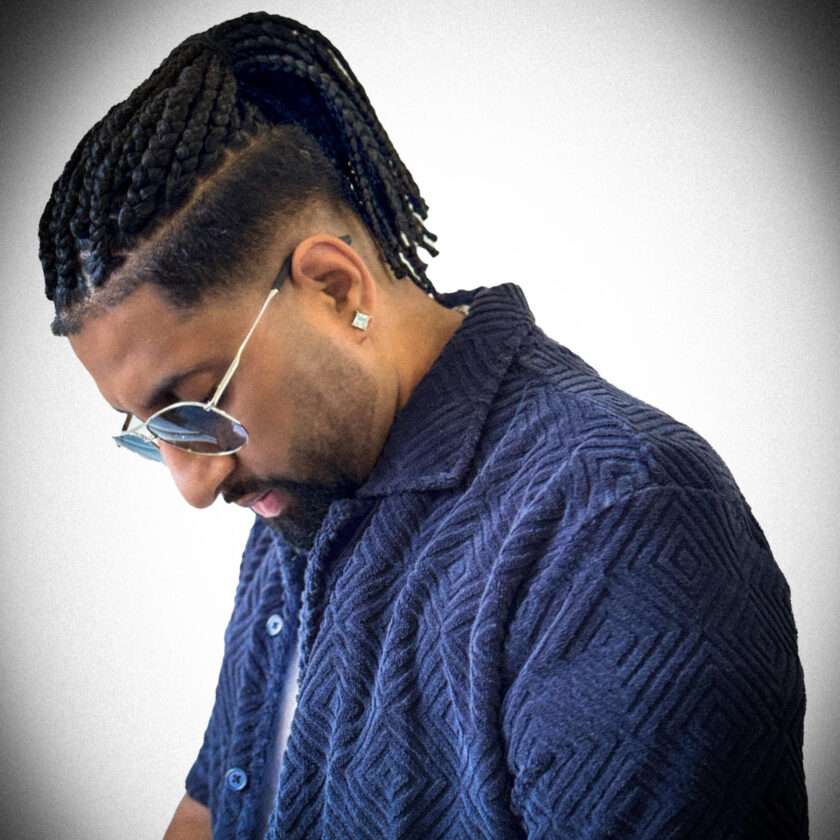
“Summer Heat” blends Afrobeat and R&B seamlessly. What inspired the sound and direction of this track, and how did the collaboration with Neecee come together?
“Summer Heat” was inspired by that carefree, euphoric energy summer brings late nights, warm air, good vibes, and unforgettable moments. I wanted to fuse the vibrant rhythms of Afrobeat with the smooth, emotive feel of R&B to create something that feels both uplifting and intimate. The goal was to make people move, but also connect emotionally.
This was actually my first time working with Neecee. I’d been watching her journey for a while and always respected her vocal tone, range, and pen game. When I built the beat, I instantly heard a female vocalist who could bring that sultry yet powerful energy — and Neecee was the perfect fit. I reached out, sent her the instrumental, and the way she responded to it was effortless. She absolutely delivered, and for a first-time collaboration, the chemistry was real. It set the bar high.
As a producer known for genre versatility, how do you approach blending global influences while ensuring each track maintains a cohesive identity?
It’s about respect for each genre’s roots. I study sounds deeply before fusing them. When I blend genres, I’m not just layering styles—I’m understanding rhythm patterns, cultural context, and emotion behind the music. I’ll often anchor a track with one dominant influence, then tastefully layer others to complement, not clash. Whether it’s a reggaeton drum loop under a soul melody or an Afrobeat groove with R&B harmonies, I make sure every element feels intentional and connected.
You’ve worked with artists across the UK, US, Africa, and the Caribbean. How does working across cultures shape your creative process and production style?
Working globally forces you to unlearn and relearn. Every artist brings their own cultural rhythm, storytelling style, and energy. I’ve learned to listen more—to the artist, to the culture, and to the people. It’s humbled me as a producer and expanded my toolkit. Collaborating across borders keeps me evolving, and it also allows me to create music that speaks multiple languages emotionally—even if the lyrics don’t.
With over 12 years in the industry and multiple platinum records, what would you say is the key to staying relevant and innovative in today’s music landscape?
Adaptability with integrity. You’ve got to move with the times but never lose your signature. I’m constantly learning—new plugins, new subgenres, new ways people consume music—but I always bring me into the track. Also, collaboration is key. Surrounding yourself with fresh voices and perspectives keeps the sound alive. And most importantly: never get too comfortable. The moment you think you’ve mastered it, you stop growing.
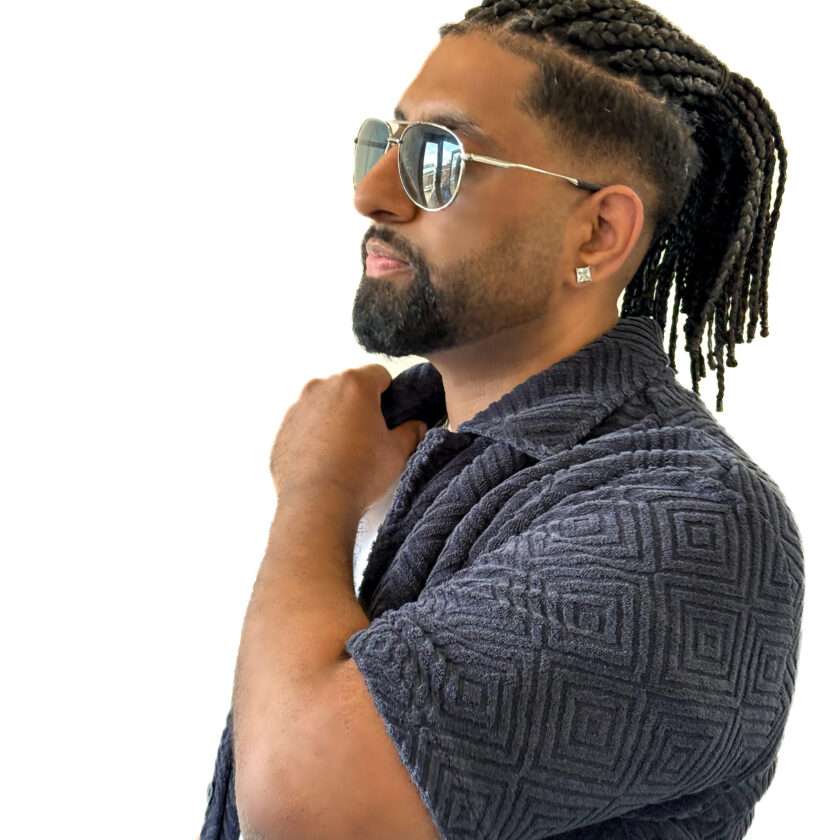
How do you balance artistic freedom with commercial viability when producing music, especially for a wide-reaching audience?
That balance is everything. I always ask: What’s the soul of this song? If the heart is in the right place, we can layer in catchy elements to make it more radio or playlist-friendly. I don’t believe you need to sacrifice depth for streams. Some of the biggest records in the world are also the most honest. It’s about crafting something people can feel—and then packaging it in a way they can’t stop playing.
What was the most rewarding aspect of creating “Summer Heat,” and what message or feeling do you hope listeners take away from the track?
The most rewarding part was how quickly the vision came to life once Neecee laid down her vocals. It just clicked. For me, it’s always about connection, and I could feel the connection in the music from the start. I hope listeners take away that feeling of freedom, warmth, and good energy. It’s a track meant to lift your spirit and remind you of the beauty in the moment — that carefree, glowing kind of vibe we all chase in summer.
You’ve cited legends like Dr. Dre, Pharrell, and Quincy Jones as influences. How do their approaches inform your own when it comes to production and artist development?
Those guys are architects of sound. They don’t just make beats—they build worlds. Dre taught me the power of precision and polish. Pharrell showed how quirky can be cool and genreless. Quincy? He’s the godfather of orchestration and artist development. What I take from them is the mindset: a producer is a visionary. We don’t just create a track—we shape the whole experience. That’s the approach I bring to every session.
8. In your view, what role does a modern-day producer play beyond beat-making — especially in terms of shaping an artist’s sound or identity?
Today’s producer is part therapist, part strategist, part sound scientist. We’re helping artists find their voice, not just their vibe. Especially with emerging talent, I guide everything from vocal delivery to arrangement choices to branding conversations. The producer is often the bridge between raw talent and commercial identity. Our fingerprints are all over the final product—even if people don’t always see it.
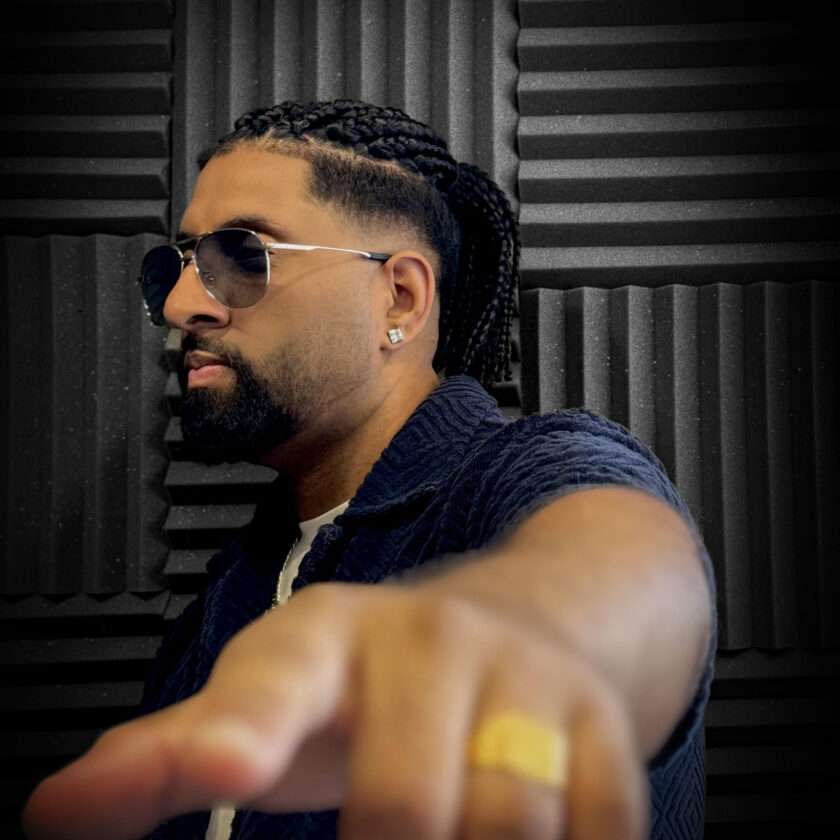
As someone who also engineers and writes, how do those additional skills impact the final outcome of your collaborations?
They give me control and clarity. When you can write, engineer, and produce, you don’t need to wait on anyone to bring your vision to life. I can hear something in my head and execute it fully, which speeds up the creative process and lets artists stay in their zone. It also allows me to elevate the quality, because I’m obsessed with detail—from the first kick drum to the final master.
Looking ahead, what can fans expect from you in the coming months? Are there any upcoming projects or sounds you’re excited to explore?
I’ve got some major collaborations lined up — both established names and rising stars from Africa, the Caribbean, and the UK. I’m also pushing deeper into Afro-R&B and cinematic production, blending live instrumentation with modern trap, soul, and global rhythms. I’m exploring storytelling in a bigger way — not just bangers, but records with substance and identity. So fans can expect vibes, versatility, and a lot of surprises.

For music submission, click here


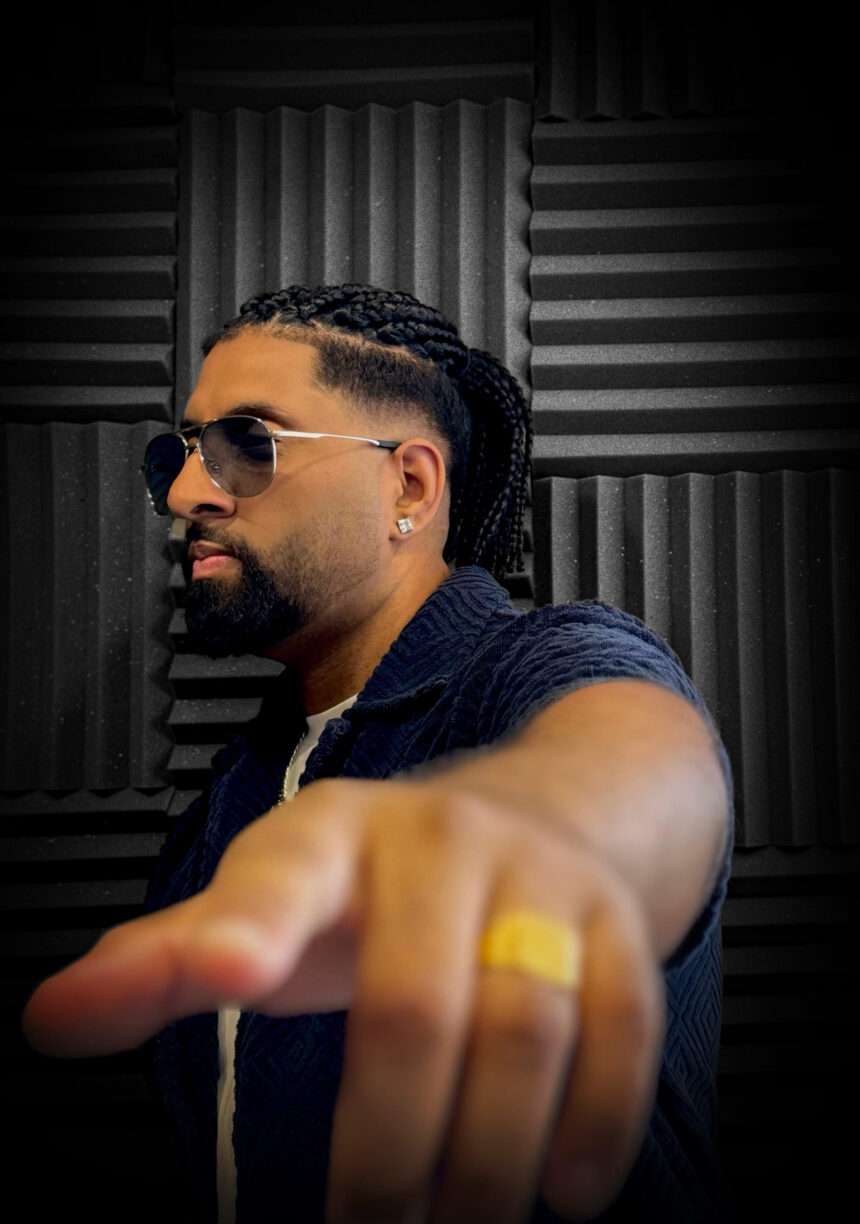
![[Music] ODUMODUBLVCK – Isakaba Man Mp3 (Download Audio) 56 ODUMODUBLVCK – Isakaba Man](https://spinexmusic.com/wp-content/uploads/2025/07/ODUMODUBLVCK-–-Isakaba-Man-500x280.jpeg)
